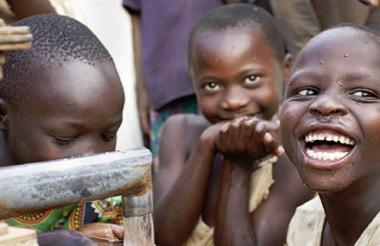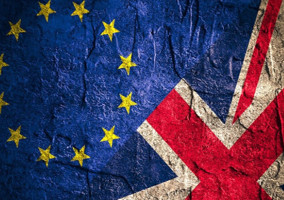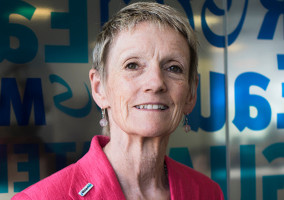Development charity WaterAid received less income, and was forced to use up reserves to protect spending, due to the impact of Brexit, according to recent documents.
WaterAid filed its annual report and accounts for the period to March 2017 last week. It said in the trustees’ report that “Securing institutional funding within the UK and Europe was more difficult in 2016/17, due to political and economic changes that negatively impacted this source of funding.”
It also said that: “The reduced value of the pound after the Brexit vote meant we could buy less overseas currency. To ensure our work in countries was not adversely affected we reduced some of the planned expenditure in the UK and used some of our operational reserves.”
But the charity said it had not reached as many people as it planned.
WaterAid income fell by £4.4m to £81.1m, after several years of relatively rapid growth. Total funds fell by £6.4m to £25.7m, although reserves remained within the charity’s target range.
While the charity said that institutional income was under pressure, the largest fall was actually in donated income, which fell by 7.8 per cent in the year to £49.7m.
Staff costs rose by almost £2m during the year, to £24.4m, despite the number of staff falling from 860 to 775.
The fall in the value of sterling pushed seven salaries over £60,000, meaning the charity now has 28 people earning over that level.
The charity also reported on its fundraising complaints. It made 4.82 million donor contacts, generating 615 complaints.
|
Related articles












